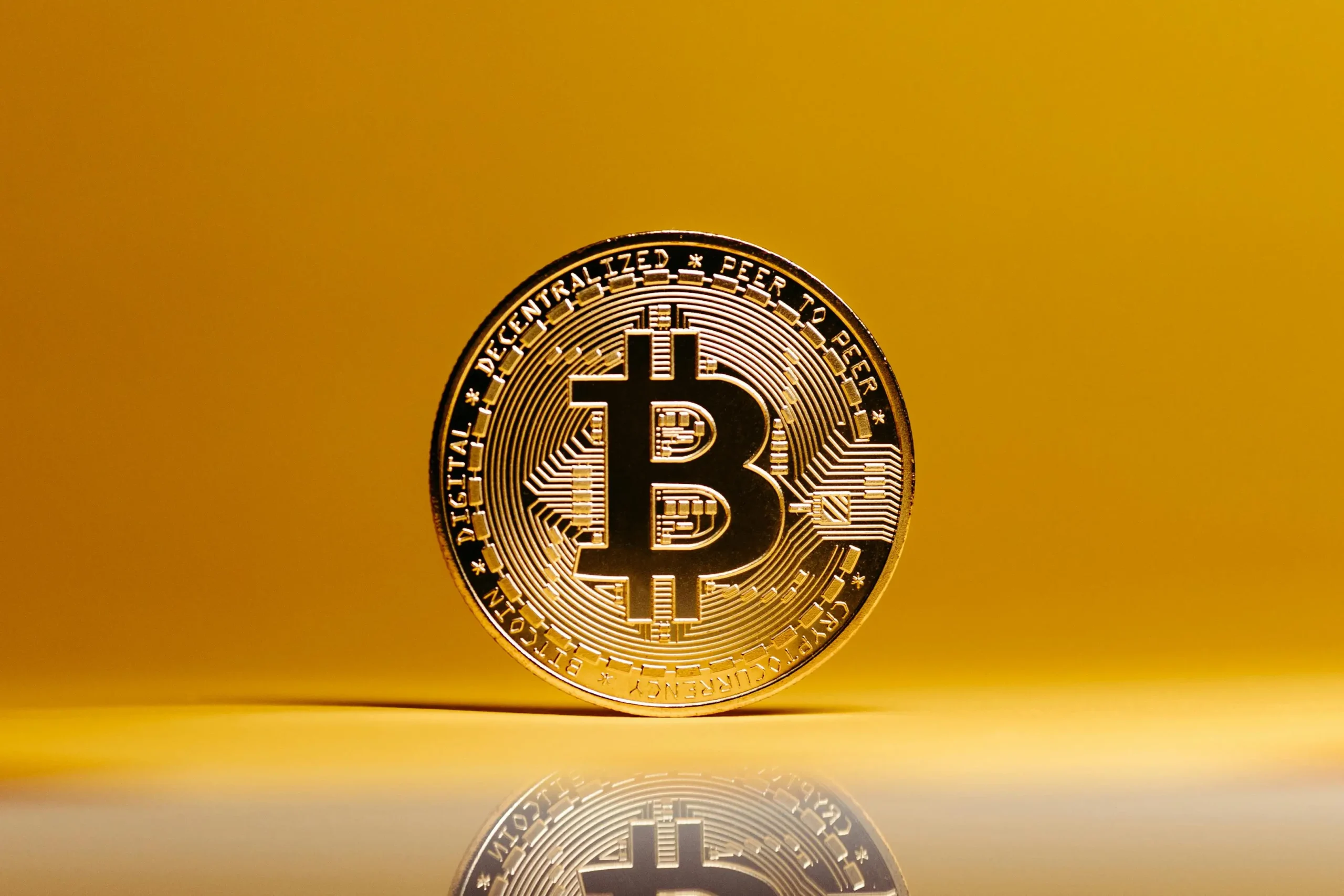Popular Economist Mocks GameStop’s Bitcoin Plans
14.02.2025 11:00 1 min. read Alexander Stefanov
GameStop's potential Bitcoin investment has drawn criticism from Peter Schiff, who dismissed the move as a desperate attempt to stay relevant.
The outspoken Bitcoin skeptic argued that both GameStop and Bitcoin are overpriced, suggesting the retailer’s plan is more about boosting its stock than securing a solid financial strategy.
The announcement sent GME shares soaring 20%, echoing the 2021 meme stock frenzy that shook Wall Street.
While some companies have successfully integrated Bitcoin into their balance sheets—most notably MicroStrategy—Schiff believes that without a strong business foundation, simply adding Bitcoin won’t guarantee long-term success.
GameStop is still evaluating its crypto investment options and has yet to make a final decision. CEO Ryan Cohen recently shared a photo with MicroStrategy’s Michael Saylor, sparking speculation, though reports suggest Saylor isn’t directly involved.
This wouldn’t be GameStop’s first venture into crypto; in 2022, the company launched a digital wallet service, only to shut it down a year later due to regulatory concerns.
-
1
Bitcoin Hits New Historic Record Above $109,000, Pushing Market Cap Past $2.17 Trillion
21.05.2025 18:10 1 min. read -
2
Bitcoin Price Prediction From Galaxy Digital’s CEO
18.05.2025 9:00 2 min. read -
3
Eric Trump Unveils Bold Plan to Lead U.S. Bitcoin Mining
16.05.2025 22:00 1 min. read -
4
Could Bitcoin’s Market Value Catch Up to Gold by 2030? Some Think So
19.05.2025 16:00 2 min. read -
5
U.S. States Boost Bitcoin Exposure Through Strategy Stock Surge
17.05.2025 9:00 1 min. read
Bitcoin Closing in on the $100,000 Mark as Market Sees Almost $1 Billion in Liquidations
Bitcoin tumbled sharply today, shedding more than 3.5% in a matter of hours and briefly flirting with the critical $100,000 level.
Bitcoin Faces Key Test as Fed Uncertainty and Market Exhaustion Collide
Bitcoin is treading water near $105,000, but pressure is building on both sides of the trade as macro forces tighten.
BlackRock Boosts Crypto Holdings with Over $350M in BTC and ETH
BlackRock is making another assertive move into digital assets, quietly expanding its crypto portfolio with sizable purchases of both Bitcoin and Ethereum.
JPMorgan Quietly Opens the Door to Bitcoin-Backed Lending
In a move that signals changing tides in traditional finance, JPMorgan is preparing to accept Bitcoin ETF holdings as collateral for loans—starting with BlackRock’s iShares Bitcoin Trust, according to insiders familiar with the plan.
-
1
Bitcoin Hits New Historic Record Above $109,000, Pushing Market Cap Past $2.17 Trillion
21.05.2025 18:10 1 min. read -
2
Bitcoin Price Prediction From Galaxy Digital’s CEO
18.05.2025 9:00 2 min. read -
3
Eric Trump Unveils Bold Plan to Lead U.S. Bitcoin Mining
16.05.2025 22:00 1 min. read -
4
Could Bitcoin’s Market Value Catch Up to Gold by 2030? Some Think So
19.05.2025 16:00 2 min. read -
5
U.S. States Boost Bitcoin Exposure Through Strategy Stock Surge
17.05.2025 9:00 1 min. read


